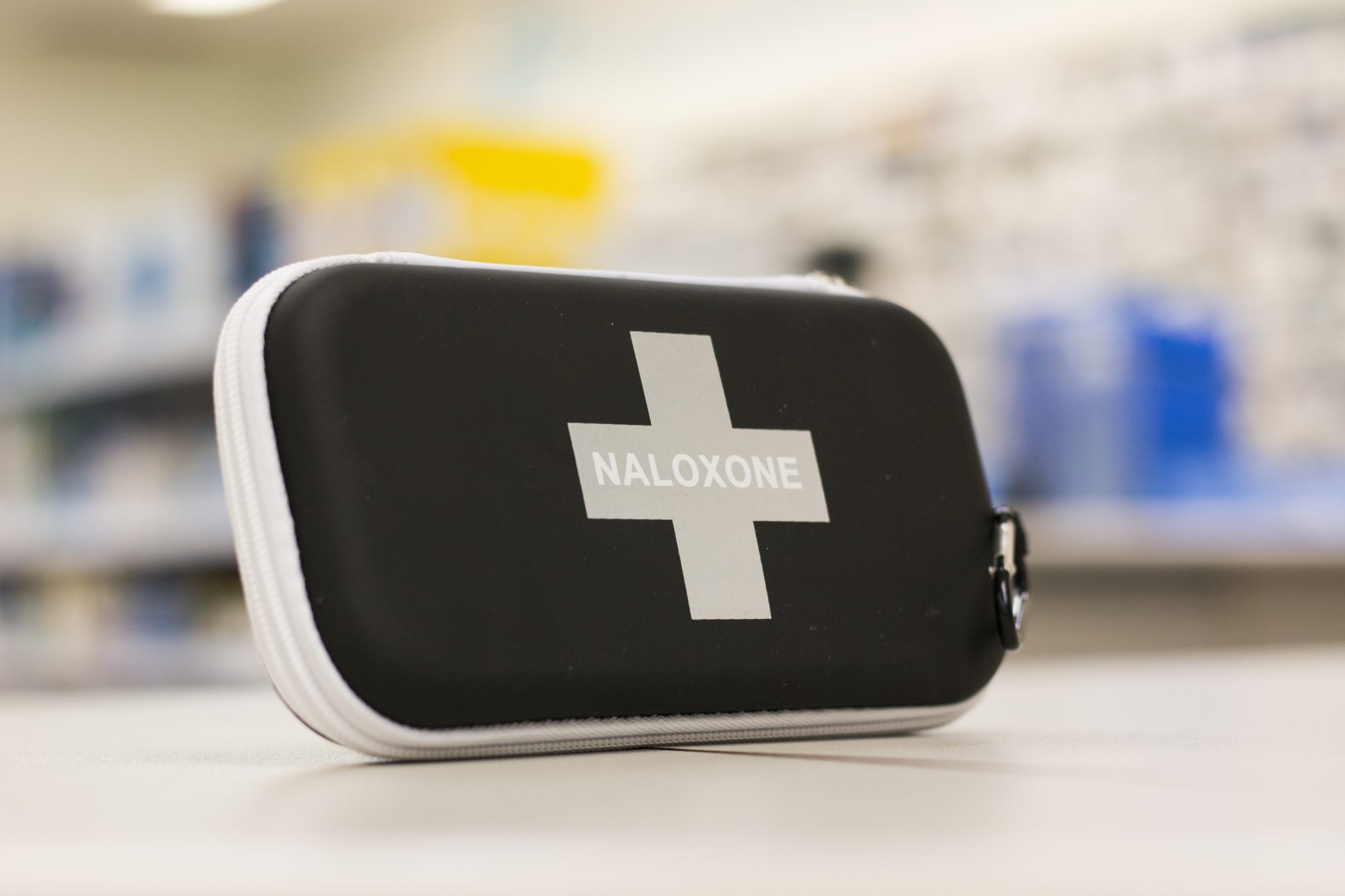Working through the opioid crisis


Ontario needs a different approach to the opioid epidemic that’s taking over communities, towns and regions like Kitchener-Waterloo.
In 2016, the number of opioid-related deaths in Canada hit 2,861. An astronomically high number when comparing data from the previous decade.
From January to June 2017 alone, there were at least 1,460 opioid-related deaths and Health Canada only predicts that this number will rise as data becomes available.
In Waterloo specifically, there were 71 opioid-related deaths in 2017, jumping from 36 in the year before, according to CTV Kitchener.
This number doesn’t even begin to clarify how many active opioid abusers there are in the region and this has become evident to those working in Waterloo’s Grand River Hospital and the Waterloo Region Crime Prevention Council.
Dr. Rupinder Sahsi, a physician at Grand River Hospital, told The Record that it’s commonplace to see a non-fatal opioid overdose in their emergency department daily.
These kits, which contain the temporary antidote for an opioid overdose, are now being carried by our Laurier Special Constable services, as well. Last Tuesday, March 20, the tri-cities of Kitchener, Waterloo, and Cambridge held a regional council meeting in which the Mayor of Cambridge, Doug Craig, begged the Waterloo Region to declare a “state of emergency” for the opioid crisis.
In the fall of 2017, the Ministry of Health and our provincial government publicly recognized the climbing magnitude of opioid overdoses occurring in Ontario. This crisis, primarily a by-product of the presence of Fentanyl in street-drugs, has not yet been given the status of “state of emergency” by Health Minister Eric Hoskins.
The reason for this? This is not a short-term issue, but a habitual one. The government of Ontario instead produced an “emergency task force” in October to strengthen front-line workers with additional training.
Addiction counselling and expanding resources for those struggling with opioid dependency are priorities, alongside Naloxone kit distribution and safe injection sites.
However, there has yet to be a safe injection site anywhere in the tri-cities since Ontario’s Ministry of Health put millions into the task force. There has, however, been a recent discussion of establishing three — one in Cambridge, one in Kitchener, and one mobile location.
Now it’s time for implementation so the region can start effectively combating the crisis.
If you’re living in Ontario, I’m sure that you’ve heard of the Government of Ontario’s new public service announcement on the radio — “It could be in your street-drugs. It’s Fentanyl and even the smallest amount could be enough to kill you.”
These ads belong to a campaign encouraging people to take advantage of free Naloxone kits, made available at pharmacies and hospitals across the province.
These kits, which contain the temporary antidote for an opioid overdose, are now being carried by our Laurier Special Constable services, as well. Last Tuesday, March 20, the tri-cities of Kitchener, Waterloo, and Cambridge held a regional council meeting in which the Mayor of Cambridge, Doug Craig, begged the Waterloo Region to declare a “state of emergency” for the opioid crisis.
“When you lose that many people, like over 71 people and you have other issues in the community that reflect off of that, it’s certainly an emergency in my view and it’s one not just in a city or in a neighborhood, it is across the region,” Mayor Craig told The Record.
Mayor Craig’s position is that the tri-cities are too focused on the implementation of injection sites when instead there needs to be an action plan fit for a crisis. The position is mutual.
The region, in collaboration with the Ontario Ministry of Health, needs to dig deeper towards creating long-term, systemic solutions for the population — those being affected directly and indirectly — Waterloo region’s permanent residents, as well as its substantial student population.
This crisis — drug use in our communities — and substance abuse in general, is a massive problem that’s going to take a proportionate amount effort from authorities and individuals equally to rectify.
Let’s keep our campus and our province healthy and safe.


